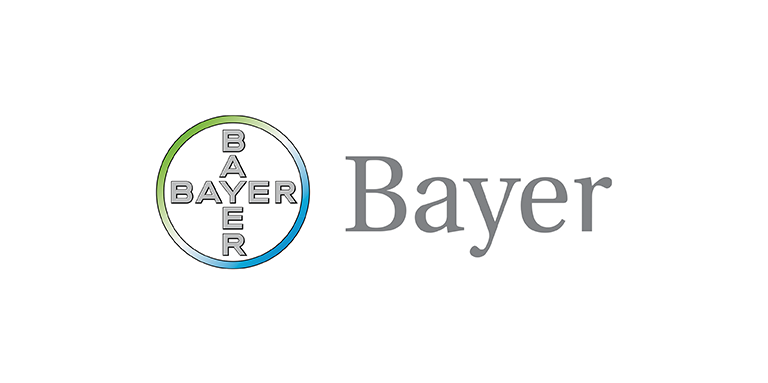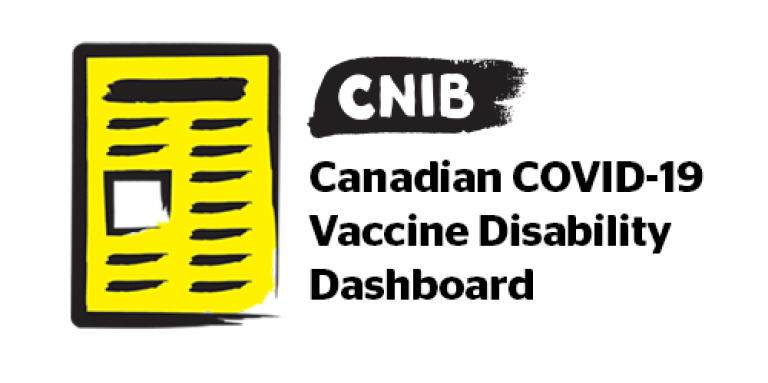Ontario region switcher
News

February is Black History Month
February is Black History Month.
This year’s theme, “The Future is Now,” is a chance to celebrate and acknowledge the transformative work that Black Canadians and their communities are doing right now.
Throughout the month, CNIB staff and participants from the Black community will be hosting five keynote programs, aimed at engaging participants in critical discussions ranging from Black history in Canada to the intersectionality of the Black experience and sight loss.
This year’s theme, “The Future is Now,” is a chance to celebrate and acknowledge the transformative work that Black Canadians and their communities are doing right now.
Throughout the month, CNIB staff and participants from the Black community will be hosting five keynote programs, aimed at engaging participants in critical discussions ranging from Black history in Canada to the intersectionality of the Black experience and sight loss.

Ottawa E-scooter Pilot 2021
Following the Ontario government’s announcement which outlined plans to permit Ontario municipalities to introduce electronic kick scooter (e-scooter) pilots in the province, the City of Ottawa passed a by-law to run an e-scooter pilot project. In its second year, the City partnered with three e-scooter companies to provide 1,200 rental e-scooters from May 28 to November 30, 2021.
In November 2021, CNIB held a townhall to gather feedback from members of the sight loss community on their experiences with e-scooters in Ottawa. This feedback has been compiled into a report to be shared with City staff and other stakeholders. Read the full report.
In November 2021, CNIB held a townhall to gather feedback from members of the sight loss community on their experiences with e-scooters in Ottawa. This feedback has been compiled into a report to be shared with City staff and other stakeholders. Read the full report.
Uber Canada commits to accessibility and inclusion of persons with sight loss
CNIB is pleased to announce a partnership with Uber Canada. Under this partnership, Uber Canada is reaffirming their commitment with CNIB over the next three years to create and support ongoing awareness campaigns around service animal policies. This includes sponsoring a CNIB guide dog, who will be raised, trained, and matched to support a Canadian with sight loss. The future guide dog is expected to be born in the spring.

Bayer Canada Inc. commits to eye health in rural and remote communities in Northern Ontario
CNIB and Vision Loss Rehabilitation Ontario are pleased to recognize support from Bayer Canada Inc. to develop an Indigenous health strategy for its vision rehabilitation services. This funding will reduce systemic barriers and disparity in vision care experienced by Indigenous communities in Northern Ontario and ensure vision rehab services are culturally appropriate.

AODA Post-Secondary Standards Recommendations
In June 2021, the Ontario government published a report that contained 179 recommendations for Post-Secondary Education (PSE) Standards under the Accessibility for Ontarians with Disabilities Act (AODA). These standards aim to identify, remove, and prevent accessibility gaps and barriers faced by students with disabilities in post-secondary education.
The government called for members of the public and organizations to submit a response to the recommendations before they are finalized by the PSE Standards Development Committee. As such, we have submitted our feedback.
The government called for members of the public and organizations to submit a response to the recommendations before they are finalized by the PSE Standards Development Committee. As such, we have submitted our feedback.

CNIB unveils COVID-19 Vaccine Disability Dashboard
Toronto, ON – CNIB, Canada's largest non-profit serving people with sight loss, revealed a new tool for Canadians with disabilities today.
The tool, known as the Canadian COVID-19 Vaccine Disability Dashboard, is a centralized resource that contains information for COVID-19 vaccine eligibility across Canada. This important resource aims to highlight how people with disabilities are being included in the vaccine rollout.
The tool, known as the Canadian COVID-19 Vaccine Disability Dashboard, is a centralized resource that contains information for COVID-19 vaccine eligibility across Canada. This important resource aims to highlight how people with disabilities are being included in the vaccine rollout.

CNIB advocates for inclusion at home and abroad this International Day of Persons with Disabilities
December 3, 2021 – On International Day of Persons with Disabilities, CNIB is calling on the federal government to use the 44th session of Parliament to support the creation of a barrier-free Canada and illustrate how countries can create inclusive societies for people with disabilities.

CNIB urges Government of Ontario to change provision which requires a driver’s license to update an Ontario Health Card
It has been nearly two years since CNIB first alerted the Government of Ontario that Ontarians who are blind, partially sighted or Deafblind are currently unable to renew their Ontario Health Card online through the Government of Ontario website because the renewal form requires a driver’s license number.
Recently, our most significant discussions have been with the Ontario Ministry of Government and Consumer Services around transforming the online health card renewal services to ensure they are accessible and available to Ontarians who are blind, partially sighted, and Deafblind.
Recently, our most significant discussions have been with the Ontario Ministry of Government and Consumer Services around transforming the online health card renewal services to ensure they are accessible and available to Ontarians who are blind, partially sighted, and Deafblind.

More puppy raisers needed as future CNIB Guide Dogs arrive in Halifax
(HALIFAX, NS – Nov. 8, 2021) Five future CNIB Guide Dog puppies recently arrived in Halifax, where they’ll spend the next 12 to15 months in the care of volunteer puppy raisers, getting prepared for their future careers as CNIB Guide Dogs. The pups can be seen training around the Halifax area, wearing their bright yellow Future CNIB Guide Dog vests.

Ontario Government Proposes to Expand Automated Vehicle Pilot
In 2016, Ontario launched a 10-year pilot project to allow for the testing of automated vehicles (AVs) on Ontario's roads by approved companies under certain conditions. To date, Ontario has approved fourteen entities to participate in the pilot and two have been approved for driverless testing. The provincial government is now looking to expand the pilot in six different ways that will widen participation in the existing pilot in terms of who can participate and how.